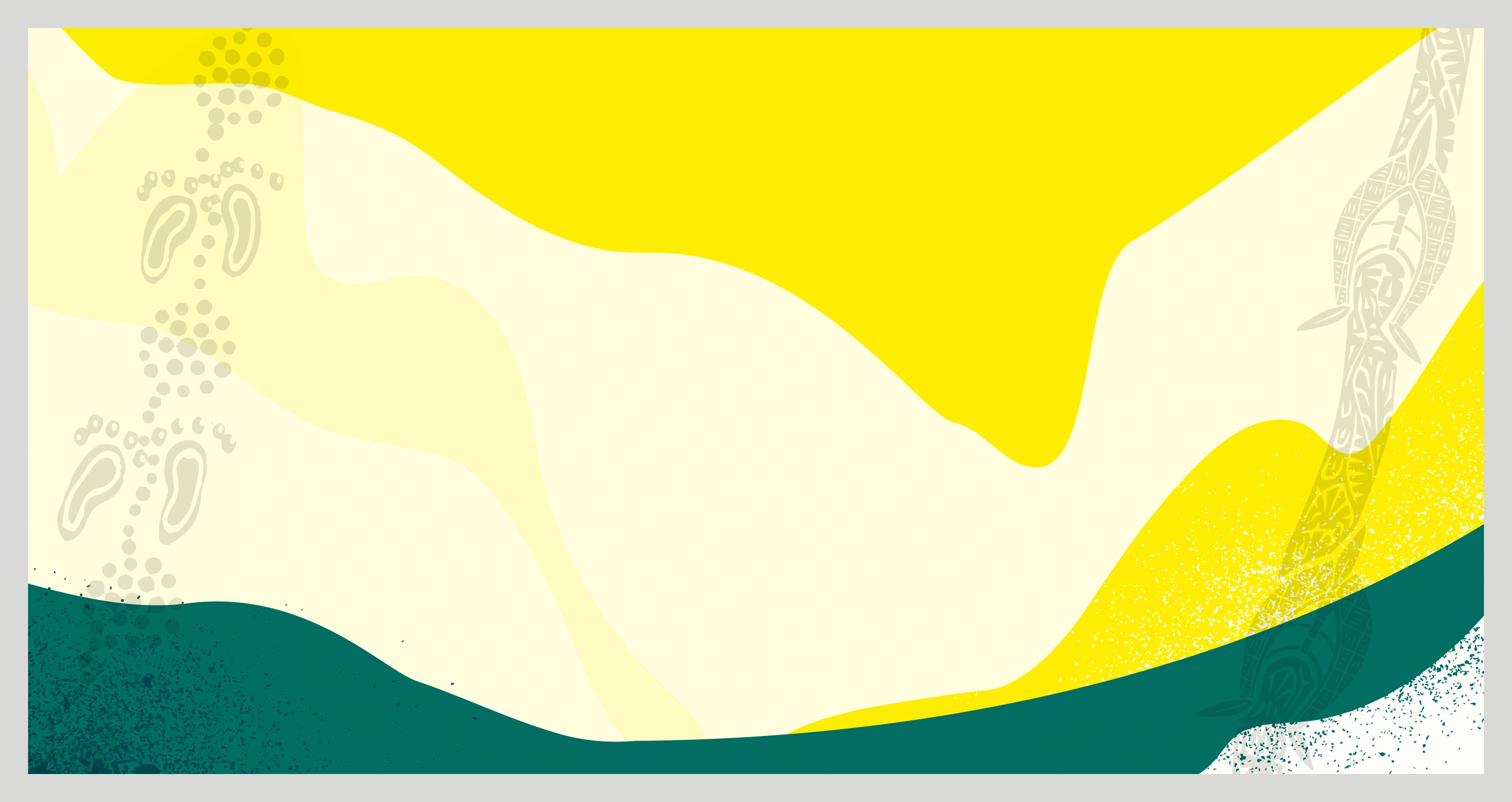
HAVE A GO AT OLYMPIC SPORTS
HAVE A GO AT OLYMPIC SPORTS


Sport: Softball
Olympic History: Athens 2004 (Silver), Beijing 2008 (Bronze), Tokyo 2020
Year Born: 1982
State Born: NSW
Hailed as one of the best batters in the world, Tamworth Olympian Stacey Porter made her third Olympic appearance at the delayed Tokyo 2020 games, under the lights of the Fukushima Azuma Baseball Stadium.
Stacey was a member of the 1998 Australian Junior Superball Team that competed around the USA, as well as in the 1999 Junior World Championships in Taipei. Additionally, she was a member of the New South Wales Age Teams for the 1997-2000 seasons, of which she was named captain of the championship-winning teams in her final two years.

Porter attended the University of Hawai'i at Manoa, where she was an instrumental member of the softball team. She played the position of third baseman during her four years of college softball, starting in over 150 games. She had found success in the states, winning awards such as the WAC Player of the Week in her freshman year, and Player of the Year in her junior season.
At her first Olympic Games at 22-years-old, Stacey played an essential role in the Australian team. She scored Australia's only home run in the gold medal match against the USA, where the team brought home a silver medal. It was Australia's best result in the event in Olympic history, producing bronze medals in the previous two Games.

Softball was featured at the 2008 Olympic Games in Beijing, where Australia was once again successful in reaching the podium. Australia qualified for the event through the 2006 ISF World Championship, and once in China, were in strong form to proceed past the preliminary round and into the finals. There, Australia defeated Canada to make it through to the bronze medal match, where they were beaten by eventual champions Japan and finished in third.
At the delayed Tokyo 2020 games, Australia would once again face Japan, now not only the past Olympic champions but also the hosts of the event. In their opening fixture, the Aussies would fall to Japan (8)-(1) a rough loss to the hosts, who would go on to win consecutive Gold medals.
Porter would help Australia bounce back in their second fixture of the games, where they would hold a (1)-(0) lead against Italy until the end of the tie. They would not, however, continue this run of form, later falling to eventual bronze medalists in Canada.

This would set up a must-win match against the United States, one of the strongest teams competing in the discipline. Australia would fall agonisingly close to a result against the US, in a fixture that would remain scoreless for 7 innings and required to go into extras. The United States would ultimately edge out the match, winning (2) - (1).
In their final game Australia would play Mexico for a place in the bronze medal match. The team would unfortunately fail to qualify for their third medal consecutive medal matchup, losing the match (4) - (1).
The Australian Olympic Committee acknowledges Aboriginal and Torres Strait Islander peoples of this nation.
We acknowledge the Traditional Custodians of all the lands on which we are located. We pay our respects to ancestors and Elders, past and present.
We celebrate and honour all of our Aboriginal and Torres Strait Islander Olympians.
The Australian Olympic Committee is committed to honouring Aboriginal and Torres Strait Islander peoples’ unique cultural and spiritual relationships to the land, waters and seas and their rich contribution to society and sport.
We and our partners use cookies and other tracking technologies to manage our website, understand and track how you interact with us and offer you more personalized content and advertisement in accordance with our Cookies Policy. By clicking "Accept All Cookies" you agree to such cookies, which are being implemented by the International Olympic Committee ("IOC") in accordance with the IOC's Privacy Policy and the IOC Cookies Policy. Otherwise and if you wish to learn more about our use of cookies click here.
Show more